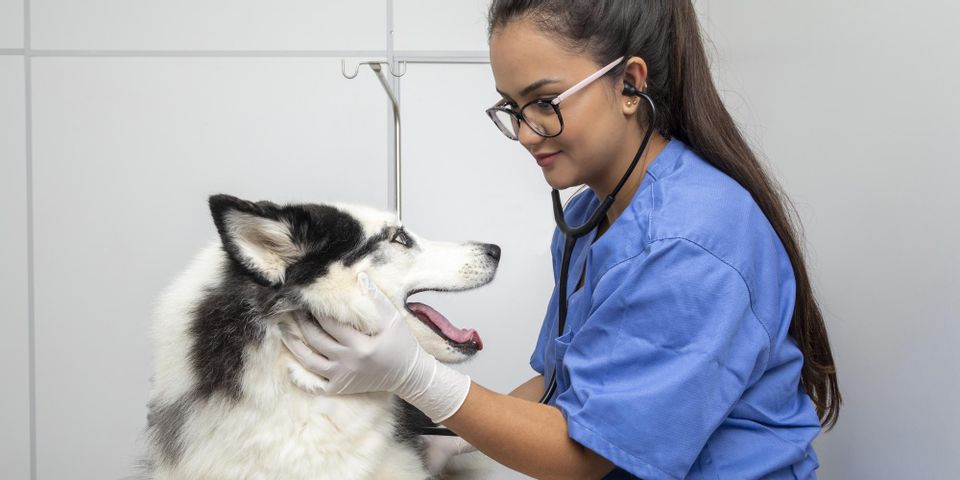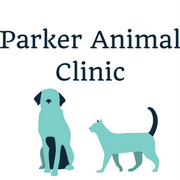
Dogs, like humans, are at risk of contracting a number of illnesses that can cause serious health complications. Fortunately, pet vaccines help protect against many of those diseases. However, owners are often unsure which immunizations to get, when they should be administered, or if there are safety concerns to consider. Make the right decision regarding your furry friend’s well-being and use this guide to learn common information about canine immunizations.
A Dog Owner’s Guide to Pet Vaccines
Why are vaccinations important?
Pet vaccines play a key role in preventive medicine for dogs. Should your pet become exposed to a disease, vaccines are designed to help animals develop antibodies that fight off certain infection- and illness-causing agents. This builds up a pup’s immune system to either prevent them from getting sick altogether or minimize the severity of symptoms if they contract an illness.
Which vaccines should my dog receive?
There are two categories that pet vaccines can fall under: core and non-core vaccinations. The American Veterinary Medical Association considers core vaccines vital for all dogs to receive. These vaccinations include parvovirus, distemper, rabies, and canine hepatitis. These immunizations help guard against diseases that have proven to be particularly contagious and potentially life-threatening to a dog.
Non-core vaccines include ones like Bordetella bronchiseptica, which protects against illnesses like kennel cough that is easily spread from dog to dog. These vaccines are generally less effective in protecting against disease than core vaccines.
How often does my pet need to be vaccinated?
 Veterinarians take several factors into account when deciding how frequently to vaccinate an animal. Each dog will have a customized immunization schedule based on their age, lifestyle, living environment, medical history, and the kind of vaccine that’s being administered. Some vaccinations provide immunity for a few months, while others can last several years.
Veterinarians take several factors into account when deciding how frequently to vaccinate an animal. Each dog will have a customized immunization schedule based on their age, lifestyle, living environment, medical history, and the kind of vaccine that’s being administered. Some vaccinations provide immunity for a few months, while others can last several years.
Are there any side effects?
Vaccines undergo rigorous testing to ensure they’re safe for animals. However, it is possible for dogs to experience adverse reactions to immunizations. Though most pets respond well, in rare cases, some may get a fever, feel sluggish, or have a reduced appetite. There might also be temporary pain or swelling at the injection site.
If you’re looking for a reputable veterinarian to help manage your dog’s health, turn to Parker Animal Clinic in Clarksville, AR. Their skilled and compassionate staff is qualified to administer pet vaccines and will recommend an immunization schedule that’s right for your companion’s specific needs. This veterinary clinic offers more than 20 years of experience and is committed to providing a high standard of animal care. You can trust them to always act in your pet’s best interest. Call (479) 754-5656 to schedule an appointment, or visit them online to learn more about their services.
About the Business
Have a question? Ask the experts!
Send your question

